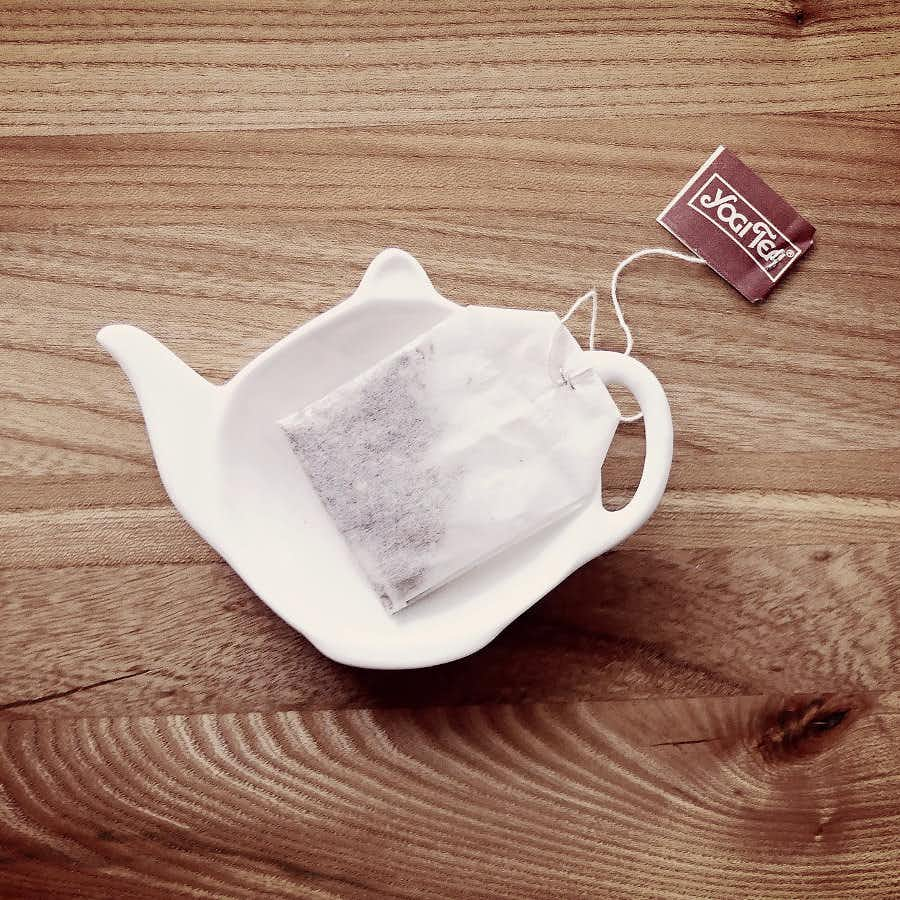
If you have ever had a tooth pulled, you know that the bleeding right afterward can be disconcerting and bothersome. While we have written about using ground black pepper to stop bleeding if you cut your finger, that might be inconvenient in the mouth. That’s why we were fascinated by this message from a reader who advocates using tea bags for this purpose.
Biting Tea Bags After Extraction Can Stop Bleeding:
Q. I have worked in dentistry all my adult life. One dentist I worked for instructed patients after extractions to bite on a wet tea bag if bleeding continued. He told them to use a plain old Lipton tea bag soaked in water and gently squeezed out. Apparently, the tannic acid in the tea helped stop bleeding.
A. We searched for research to support your experience. A study published in the journal Evidence-Based Complementary and Alternative Medicine, June 12, 2014, reinforces the value of tea to stop bleeding. The dentists used green tea extract-impregnated gauze.
Their conclusion:
“The results of this study show that green tea extract is significantly effective in stopping bleeding of socket caused by tooth extraction and in reduction of consequent oozing.”
We agree that the tannins in tea have astringent properties, which means they can cause vasoconstriction and enhance blood clotting. Either green or black tea should work. One recommendation is to keep tea bags in place for 15 to 30 minutes.
Green Tea Helps with Pain Management:
Another benefit of using green tea to help control bleeding is that the extract also helps reduce pain and the need for analgesic medication. Researchers compared gauze containing green tea extract to gauze steeped in saline (Dental Research Journal, Feb. 14, 2023). At 6 and 12 hours following molar extraction, patients with gauze impregnated with green tea extract reported significantly less pain than those in the control group.
Both green tea and oolong tea consumption (as tea, not just tea bags applied topically) appear to reduce the severity of periodontal disease (Nutrients, March 22, 2023).

